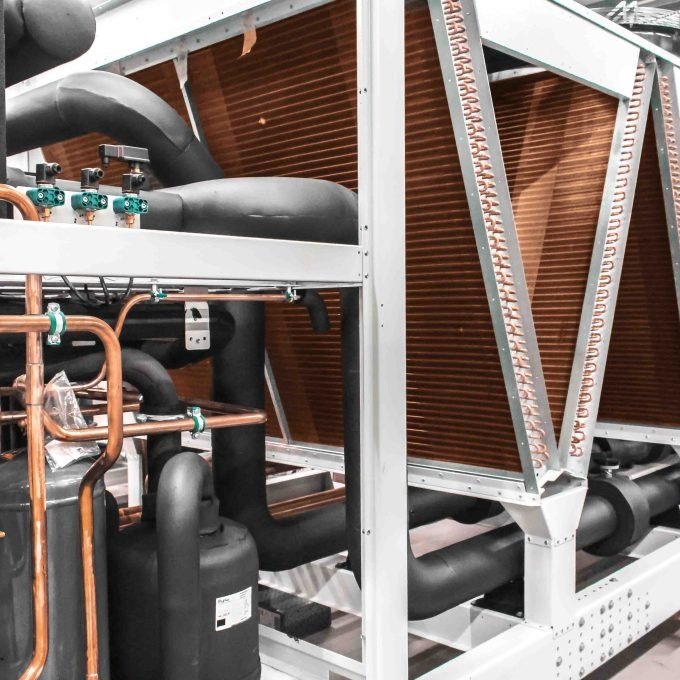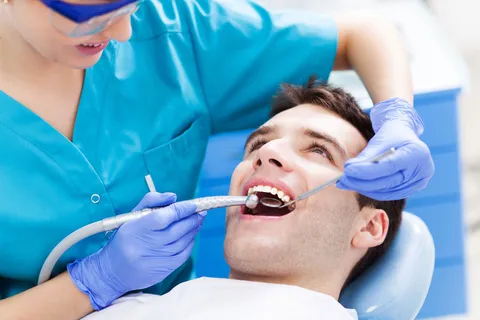Full-mouth restoration is a transformative process for individuals who have lost most or all of their natural teeth. It not only enhances oral health but also restores facial structure, self-confidence, and daily function. One of the most effective and time-tested solutions for full-mouth restoration is the use of complete dentures. These custom-made dental prosthetics offer both aesthetic appeal and functional stability, delivering a natural look and a secure fit.
Understanding Full-Mouth Restoration
Full-mouth restoration refers to the process of rebuilding or replacing all of the teeth in a patient’s mouth. This comprehensive approach is necessary when teeth are extensively damaged due to decay, trauma, or periodontal disease. It can involve several treatment options, including implants, bridges, crowns, and complete dentures. For individuals who are edentulous or have very few remaining teeth, complete dentures often provide the most suitable solution.
What Are Complete Dentures?
Complete dentures are removable dental appliances designed to replace an entire arch of missing teeth in either the upper or lower jaw, or both. They are crafted from high-quality acrylic and are custom-fitted to conform to the shape of the patient’s gums. The base of the denture mimics natural gum tissue, while the artificial teeth are shaped and colored to resemble real teeth, offering a natural and lifelike appearance.
There are two types of complete dentures: conventional and immediate. Conventional dentures are fabricated and placed after the remaining teeth are extracted and the tissues have healed. This usually takes several weeks. Immediate dentures, on the other hand, are prepared in advance and can be worn immediately after tooth extraction, although they may require adjustments as the mouth heals and changes shape.
Benefits of Complete Dentures in Full-Mouth Restoration
Complete dentures offer numerous advantages for individuals undergoing full-mouth restoration. These include:
Restored Functionality
Missing teeth can severely impact essential daily functions such as speaking and eating. Complete dentures restore these abilities, enabling wearers to chew a variety of foods and speak more clearly. Modern dentures are designed with improved functionality, allowing for a more natural bite and reduced slipping.
Enhanced Aesthetic Appeal
The absence of teeth often leads to sunken cheeks, premature aging, and a lack of facial support. Complete dentures fill out the contours of the face, restoring a youthful appearance and improving overall facial harmony. The teeth in complete dentures are shaped and shaded to match the patient’s desired look, providing a natural smile that boosts self-esteem.
Secure and Comfortable Fit
Advanced techniques and materials have significantly improved the comfort and fit of complete dentures. Custom impressions and digital imaging ensure that the dentures align precisely with the individual’s oral anatomy. When properly fitted, dentures stay securely in place, reducing the chances of discomfort or embarrassment.
Cost-Effective Solution
Compared to other full-mouth restoration options such as dental implants or bridges, complete dentures are more affordable. This makes them an accessible choice for many individuals, particularly those with budget constraints or health conditions that may limit their suitability for surgical procedures.
The Process of Getting Complete Dentures
The journey to full-mouth restoration with complete dentures involves several key steps:
Initial Consultation
The process begins with a thorough consultation and examination by a dental professional. This includes evaluating the condition of any remaining teeth, bone structure, and gum health. Diagnostic tools such as X-rays or digital scans may be used to plan the best course of action.
Tooth Extraction and Healing
If there are remaining natural teeth that are not salvageable, they will be extracted. For conventional dentures, a healing period is required before the dentures are fitted. During this time, the gums and jawbone settle into their new shape.
Denture Fabrication
Once healing is complete or in the case of immediate dentures, impressions of the mouth are taken to create custom-fitted prosthetics. The color, shape, and size of the artificial teeth are selected to match the patient’s preferences and facial features.
Fitting and Adjustments
After the dentures are created, they are carefully fitted in the patient’s mouth. Adjustments may be necessary to ensure comfort and function. Follow-up visits are typically scheduled to fine-tune the fit and address any concerns.
Tips for Adapting to Complete Dentures
Adjusting to complete dentures can take some time, but with proper care and patience, most individuals adapt successfully. Here are a few tips to ease the transition:
- Practice Speaking: Reading aloud and repeating difficult words can help improve speech clarity.
- Start with Soft Foods: Eating softer foods initially can help get used to chewing with dentures.
- Use Adhesives if Needed: Denture adhesives can provide extra security, especially in the early stages.
- Clean Regularly: Keeping dentures clean prevents odor, staining, and infections. Use a soft brush and avoid harsh cleaners.
- Attend Follow-Up Appointments: Regular dental check-ups ensure the dentures remain in good condition and fit properly.
Longevity and Maintenance of Complete Dentures
With proper care, complete dentures can last 5 to 10 years. However, because the shape of the mouth can change over time, periodic relining or replacement may be necessary. Routine maintenance includes daily cleaning, handling with care, and storing them in water when not in use to prevent warping.
Alternatives to Complete Dentures
While complete dentures are a reliable solution, some individuals may consider other options based on their oral health and preferences. Alternatives include:
- Implant-Supported Dentures: These combine the benefits of implants and dentures, offering superior stability and preventing bone loss.
- Overdentures: These rest on natural teeth roots or implants and provide added retention.
- Fixed Bridges: These are non-removable solutions anchored to implants or remaining teeth.
Your dentist can help determine the most appropriate treatment based on your individual needs, medical history, and budget.
Choosing the Right Dental Professional
Selecting an experienced dental professional is crucial for achieving a successful outcome with complete dentures. Look for a dentist or prosthodontist who specializes in restorative treatments and has a proven track record. Reviews, before-and-after photos, and patient testimonials can provide valuable insights into their work.
Open communication about your expectations, concerns, and desired outcomes will help guide the process and ensure you are satisfied with the final result.
Conclusion
Full-mouth restoration with complete dentures offers a life-changing solution for individuals dealing with complete tooth loss. Modern dentures provide a secure fit, natural appearance, and restored function, allowing individuals to smile, speak, and eat with confidence. With the help of a skilled dental professional, complete dentures can dramatically improve quality of life and self-image, making them a valuable investment in long-term oral health.














